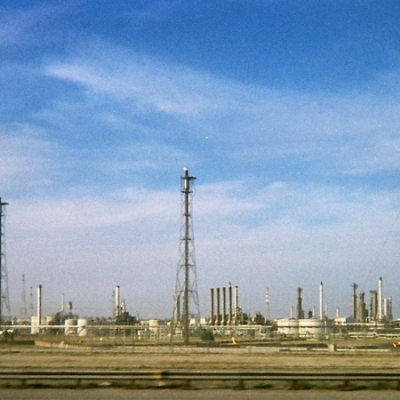The tourist season in Tunisia ended without starting for the Delta variant

The already precarious Tunisian economy has recently suffered another severe blow seeing suddenly the tourist season scheduled for this year, for the summer months, suddenly skipped due to a surge in infections due to the Delta variant of Covid-19.
The Tunisian Association of travel agencies denounced that more than 2,000 travelers canceled their summer vacation bookings in the past few days due to how the government is dealing with this crisis. In addition, the Tunisian media show hospitals full of patients affected by this variant of Covid-19, many of them lying on the ground in the corridors of the wards. At the same time, the official bulletin speaks of over 4500 infected per day and more than 150 deaths.
The exponential increase in the number of infections and deaths in all governorates has brought the pressure on public and private health facilities to a critical level. The death toll has exceeded 15 thousand, making Tunisia the first African country for deaths per million inhabitants. The hospital occupancy rate is close to 100% nationwide and surpasses it in some regions.
Read | A new wave of Coronavirus is bringing Tunisia to its knees: 6,000 cases and 116 deaths in 24 hours
Data prompted officials of the four governorates of Greater Tunis to take a series of preventive measures to limit the spread of the epidemic. Actions, such as a curfew from 8 pm until 5 am, starting July 1, have forced many tourists to give up on holidays in the country until further notice. Gatherings and public and private parties have also been banned. In addition, the use of interior spaces in cafes and restaurants has been prohibited, while tourist restaurants will accommodate customers for 30 percent of their capacity, like commercial spaces.
Moreover, as of June 21, 2021, a curfew was already in place from 17:00 to 05:00 in four governorates: Kairouan, Siliana, Zaghouan, and Béjà. In addition, authorities ordered targeted confinement in the governorates with 400 positive cases per 100,000 inhabitants.
There is criticism on how the government managed the crisis, from politics to the tourism sector, again in collapse. The workers denounce the authorities’ indecision in taking measures and the delays accumulated in what is described as a failed vaccination campaign. Only 5 percent of the population is immunized, with half a million citizens being injected with two doses. Medical and paramedical staff in difficulty continue to report the absence of any health policy. The state of a health emergency is still pending, expected from April, and which should allow the mobilization of private clinics in the national effort.
Yet, the data up until a few days ago were encouraging. In June, the country had welcomed more than 350 flights of tourists from European countries. Since April 19, when the government reopened its borders to tourist flights, 81 groups of tourists arrived from Europe until May. Furthermore, Tunisian Minister of Tourism and Crafts, Habib Ammar, announced on June 20, during a working visit to the province of Bizerte, that Tunisia had received about 20,000 tourists from the end of April to that date.
For this reason, the sector’s operators hoped for a recovery in July and August, the favorites of European tourists. Yet Ammar had announced a strengthening of the industry based on the diversification of accommodation facilities. In Bizerte, for example, high-quality tourism was envisaged, particularly in alternative, cultural and ecological tourism, hoping that the diversity of the offer could help address various development and social problems in the region as a whole.
Now the Tunisian economy will have to do without an essential entry into a situation that has been under the magnifying glass of international financial institutions for months. The International Monetary Fund is negotiating a new maxi-loan program with a total value of about $ 4 billion, subject, however, to the approval of extensive reforms. A booming tourist season was essential to replenish foreign exchange reserves necessary to control inflation, the stability of the dinar, and, more generally, defuse social tensions.
Furthermore, the Tunisian state does not have the means to pay aid to the population, thus aggravating the economic crisis that afflicts Tunisia, where 1.5 million people work in the informal sector, almost half of the workforce. Finally, yesterday came the decision of the Libyan government to close the borders with the neighboring country for at least two weeks. A move that risks bringing Tunisia into bankruptcy, with no return.



